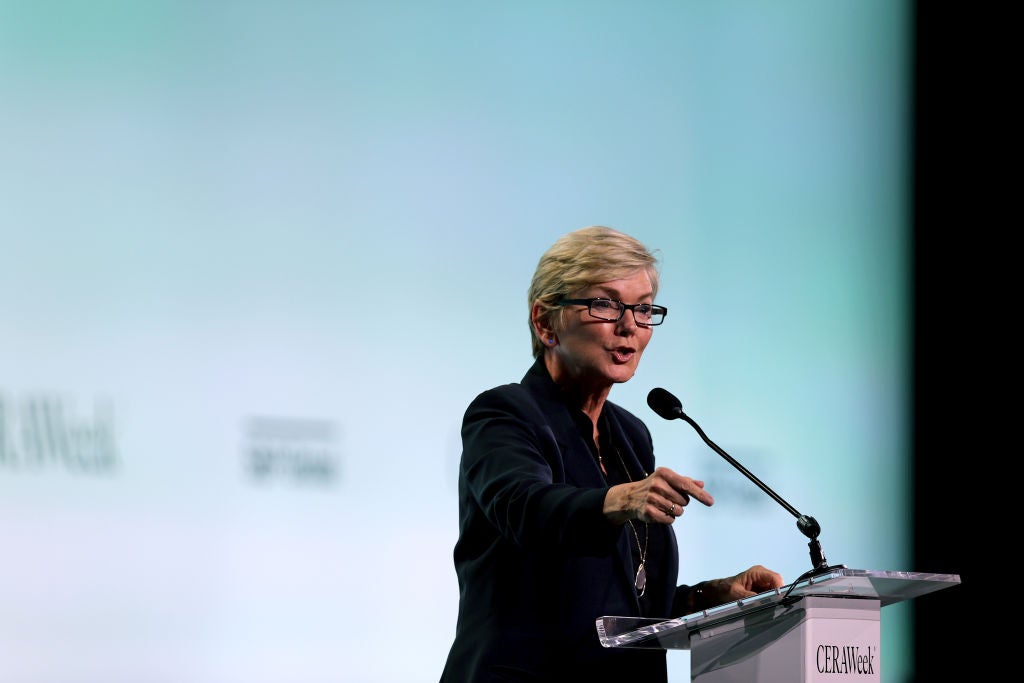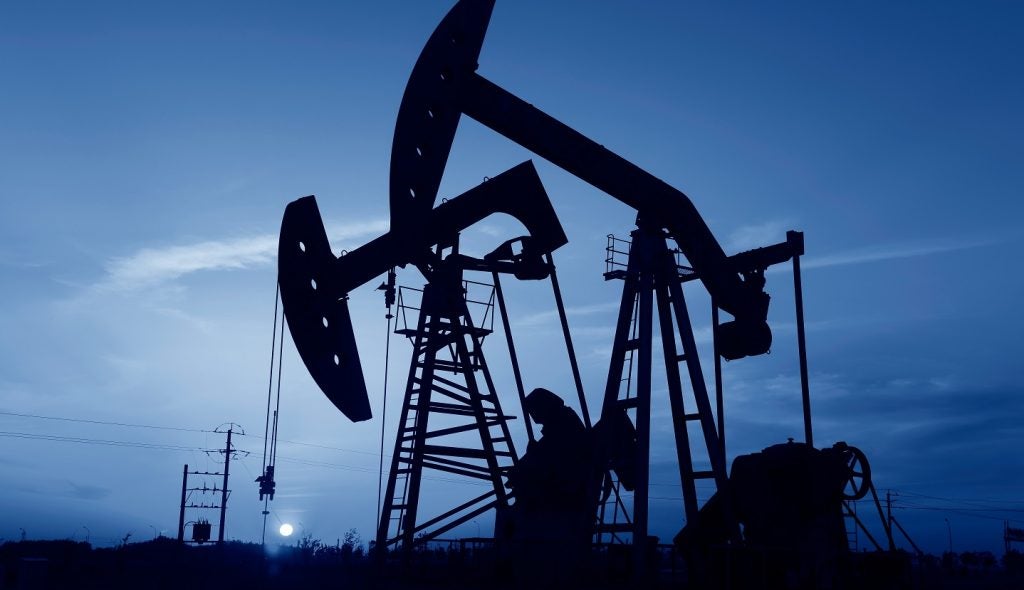US stockpiles of crude oil in its strategic petroleum reserve (SPR) will equal or exceed the levels seen before a huge 180-million-barrel sale two years ago, US Secretary of Energy Jennifer Granholm said at a conference on Monday.
The SPR, which has a maximum storage capacity of 714 million barrels, is the world’s biggest supply of emergency crude oil, originally established to reduce the impact of disruptions in supplies of petroleum products.
In March 2022, President Joe Biden announced that 180 million barrels of crude from the reserve would be sold over six months – the largest SPR sale in history – to combat soaring energy prices in the wake of Russia’s war in Ukraine. The US is now replenishing the SPR and hopes to bring stores back to the levels seen before Moscow’s invasion, Granholm told the CERAWeek energy conference in Houston.
The US Department of Energy (DOE) only sees around 40 million barrels being put back into the reserve by the end of this year, but 140 million barrels that were due to be sold between now and 2027 will stay in the SPR after sales mandates were cancelled in 2022.
Currently, the reserve holds approximately 362 million barrels. Stocks in the reserve stood at 565 million barrels before the announcement of the March 2022 sale.
Further congressionally mandated sales could still be cancelled, Granholm said. Having the SPR restocked is a congressional priority and "that is a conversation we will be having with them", she added. The completion of maintenance work currently ongoing at one of the storage sites will also allow the US to buy and stock more crude, she said.
Current oil prices also affected the purchasing of additional supply. The DOE had wanted to repurchase oil for under $79 a barrel, but US crude futures were trading at above $82 on Monday.
Granholm added that the Biden administration's liquefied natural gas (LNG) permitting and export pause "will be long behind us by this time next year”, in an attempt to soothe worries from some politicians on impacts to energy security.
She did not confirm when exports could resume but ruled out previous estimates of a 10–14-month delay. "The LNG pause should not be impacting major decisions globally, because it is simply a temporary pause.”















